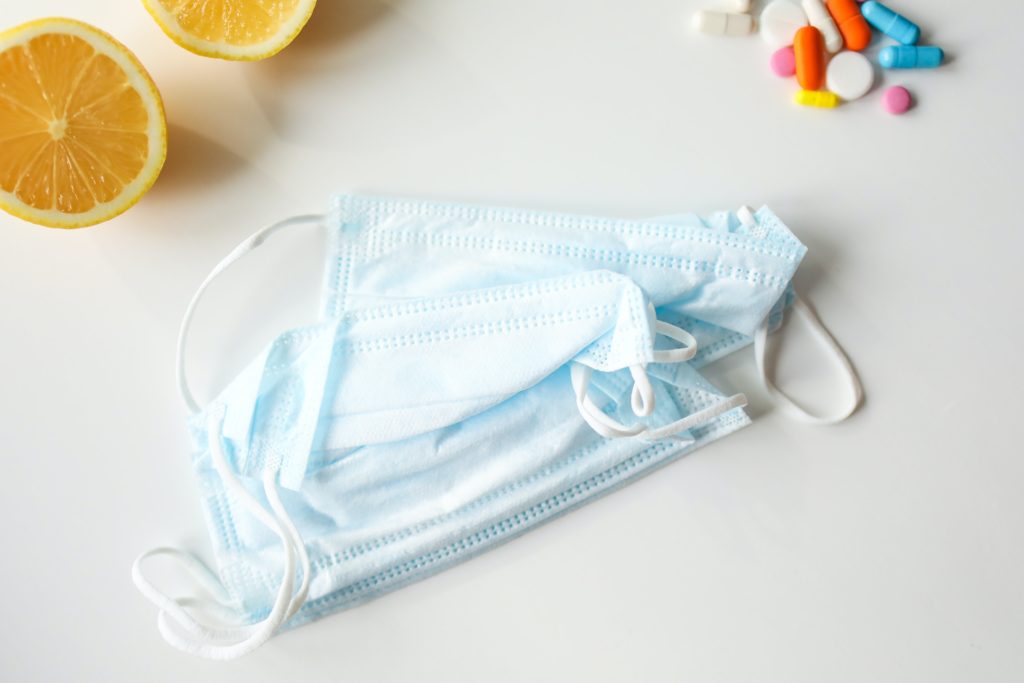Questions over how long COVID-19 immunity lasts have been asked since the virus began escalating across the world in early 2020. A new study suggests that people may be immune for years or even decades.
In a study, which has not been peer-reviewed nor published in a scientific journal, researchers from the La Jolla Institute of Immunology analysed multiple compartments of circulating immune memory to SARS-CoV-2 in 185 COVID-19 cases between people ranging from 19 to 81-years-old across the United States. Cases represented a range of asymptomatic, mild, moderate, and severe COVID-19 cases, including 41 cases at over 6 months post-infection.
The team focused on four components of the immune system: antibodies, B cells that make more antibodies, as well as two T cells that kill other infected cells. This was done to create a greater idea of the immune response to COVID-19 infection.
Researchers found that eight months after infection, recovered patients still had enough B cells and T cells, which are essential for fighting off the virus in their bodies. These cells were observed to decline at a slow rate, suggesting they could last in the body for a long time and thus possibly extend the immunity period.
“Notably, memory B cells specific for spike or RBD were detected in almost all COVID-19 cases, with no apparent half-life at 5+ months post-infection. B cell memory to some other infections has been observed to be long-lived, including 60+ years after smallpox vaccination or 90+ years after infection with influenza, another respiratory virus like SARS-CoV-2,” reads the study.
Memory CD8+ T cells and CD4+ T cells were also found to have long-term durability, which “suggest that T cell memory might reach a more stable plateau, or slower decay phase, later than the first 6 months post-infection.”
“That amount of memory would likely prevent the vast majority of people from getting hospitalized disease, severe disease, for many years,” said virologist Shane Crotty, a co-lead of the study.
The virus could thus be “terminated fast enough that not only are you not experiencing any symptoms, but you are not infectious,” added Dr Alessandro Sette, an immunologist and co-author of the study.
A long-lasting immunity will make administering vaccines much easier, as they would need to be less frequent to keep infections under control.
“What we need to be very mindful of is whether or not reinfection is going to be a concern,” said Dr Jeffrey Shaman of Columbia University. “And so seeing evidence that we have this kind of persistent, robust response, at least to these time scales, is very encouraging.”
Picture: Pexels

